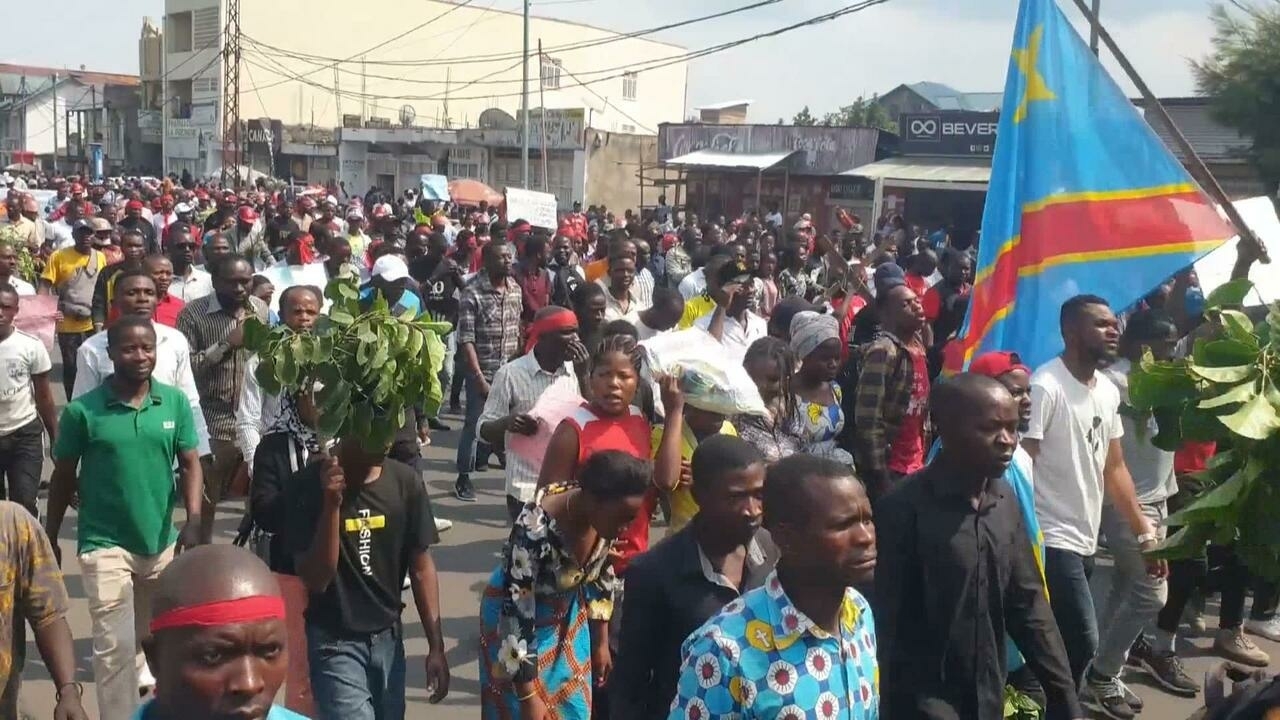Ambassador Zénon Mukongo of the DRC’s permanent mission to the UN stressed the importance of this decision, describing the non-renewal as potentially catastrophic for the country.
The DRC’s permanent mission clarified that the lifting of the arms purchase notification requirement in 2022 did not equate to the end of the sanctions regime.
The sanctions, which include an embargo on non-governmental entities and individuals operating within the DRC, remain critical.
“The Security Council’s committee continues to monitor the embargo against all non-governmental entities and individuals conducting activities within the DRC.
The group of experts assisting the committee will continue to investigate and report violations committed in the east of the country by armed groups and foreign aggressors,” the mission explained in a communiqué dated July 3, 2024.
On July 1, 2024, the Security Council unanimously decided to extend the sanctions regime and the mandate of the expert group until August 1, 2025.
This annual routine, initiated on March 12, 2004, through resolution 1533, reflects ongoing concerns about the presence of armed groups and militias in eastern DRC, particularly in North and South Kivu and Ituri, which perpetuate insecurity in the region.
“Not renewing the sanctions would have been suicidal for the country,” asserted Ambassador Mukongo.
“The sanctions allow the Security Council and the DRC to monitor and control the flow of arms to armed groups, propose sanctions against violators, and document atrocities committed by these groups and foreign armies in eastern DRC.”
For over three decades, the DRC has grappled with the activities of local and foreign armed groups, significantly destabilizing the region.
The situation has worsened with the resurgence of the M23 rebels, allegedly supported by the Rwandan regime of Paul Kagame.
This group now controls large swathes of North Kivu province.
The DRC’s continued struggle against these armed factions underscores the necessity of the UN’s sanctions regime.
As Ambassador Mukongo highlighted, maintaining these measures is crucial for documenting and curbing the flow of illicit arms, which fuel ongoing violence and insecurity.




